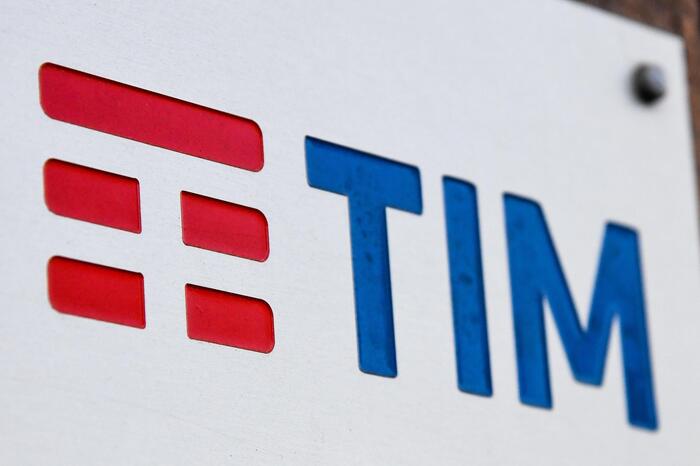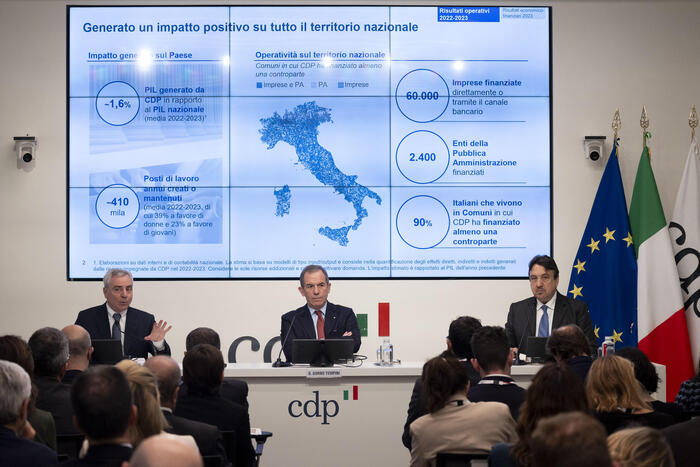Just a few weeks ago, the EU member states fought bitterly about corona bonds for the gigantic costs of the crisis. Compromises are now being sought for a European reconstruction plan. Berlin and Paris submit.
Berlin / Paris (dpa) - Germany and France jointly propose a European program worth 500 billion euros for economic recovery after the Corona crisis. This emerges from a Franco-German declaration available to the German Press Agency.
The billions are to be raised on behalf of the EU on the capital market and will go to crisis countries as part of the multi-year EU financial framework.
With the Franco-German agreement, the plan is making good progress, which should help the European economy get back on its feet after the dramatic pandemic crisis. The EU countries had already agreed on a first package of loan assistance of up to 540 billion euros in early April. Now it's about long-term support for the reconstruction.
After a violent dispute over community bonds - so-called corona bonds - the 27 EU countries commissioned EU Commission chief Ursula von der Leyen in April to develop a consensus-based model for the reconstruction plan. The Franco-German concept is close to what is known to date from the Leyens Plan.
The Franco-German plan would probably need to increase the so-called own resources ceiling in the EU budget for two to three years. In practice, these are further commitments by the EU states for the EU budget. However, these are not immediately due as a deposit; rather, they are used as guarantees to raise money on the capital market and thus drastically increase the EU budget for a limited time.
Germany had long reservations about disbursing such borrowed money as grants to crisis countries. This would mean that European debts would not have to be repaid by the recipient country, but together, presumably from the EU budget or own EU income. The federal government has apparently moved on the question.
For its part, France has made concessions and accepted that the funds be distributed across the EU budget. Instead, the common concept means that the usual EU budget rules apply, only projects are financed and not the national budgets of individual member states. The difference to corona bonds is that joint liability for the debt is limited to the scope of the guarantees in the household.
It is questionable whether all EU countries can already make friends with the proposal. At the end of last week, the EU Commission said there was still some convincing work to be done. The plan must be adopted unanimously by all 27 countries because it is linked to the seven-year EU budget. The increase in the own funds ceiling must also be ratified in all 27 states, in Germany by the Bundestag.








